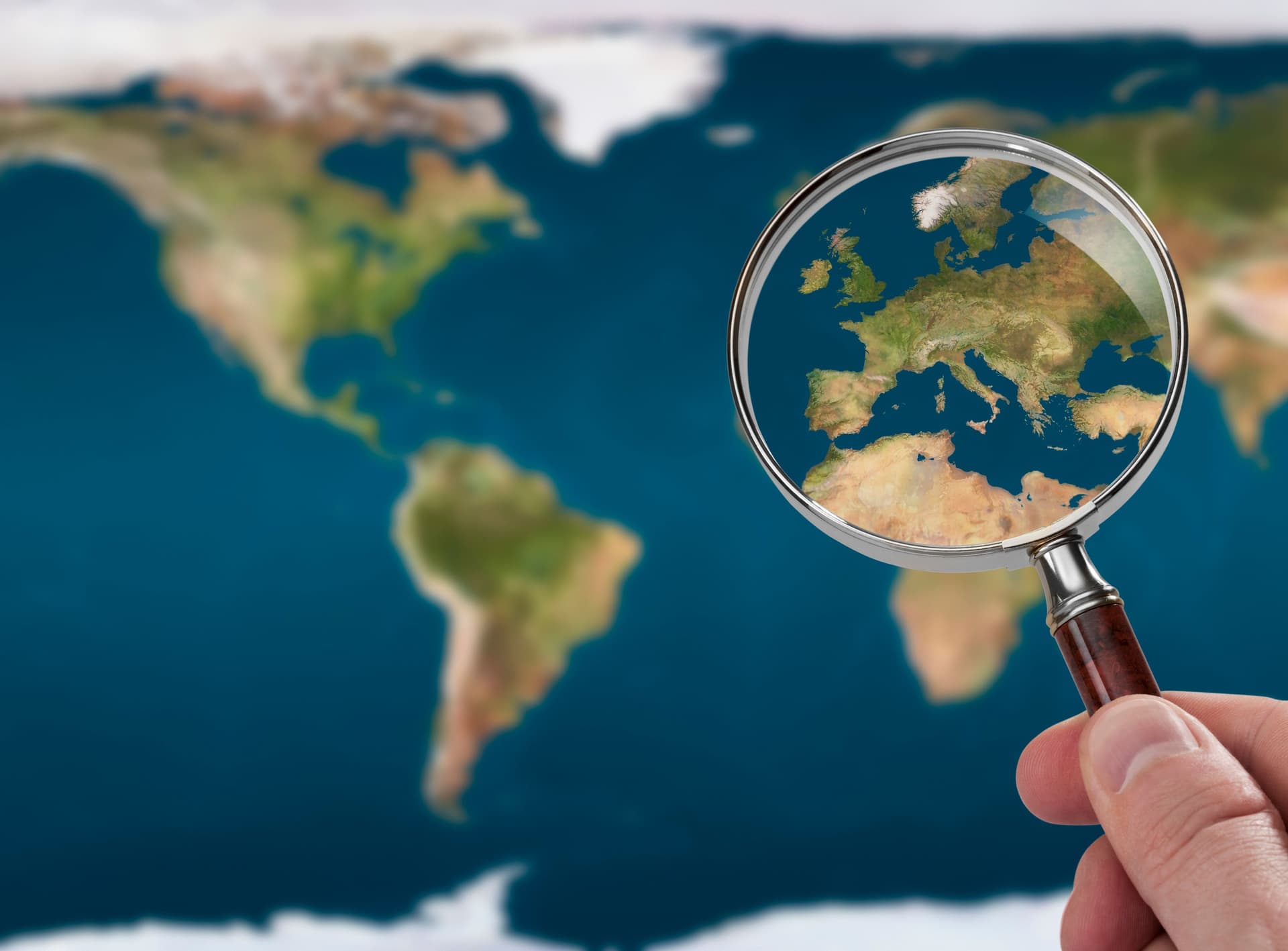Checking in on the state of work around the world
Europeans go on strike, while South Koreans face harassment upon returning to the office.

Ugurhan/Getty Images
• 3 min read
Kristen Parisi is a senior reporter for HR Brew covering DEI.
The James Webb Space Telescope images released last week were a beautiful reminder that maybe, just maybe, the universe doesn’t revolve around corporate America. And apparently there’s a lot happening in the world of work outside the US.
Trouble in Asia. Employment confidence in China has tanked, according to a Nasdaq report, reaching its lowest level in Q2 since the Great Recession as the job market flails and Gen Z struggles to find work after graduating.
Meanwhile, some South Koreans are going back to the office and getting a reminder of what they left behind. A June survey found that reports of “gapjil”’—toxic workplace culture—have increased nearly 7% since March, according to CNN. Though gapjil declined following the passage of a 2019 anti-bullying law meant to stop harassment in South Korean workplaces, the survey found that as companies have returned to offices following the pandemic, workers (especially women, temporary workers, and those in the service industry) have increasingly faced inappropriate conduct.
Changes in Europe. Joining Taiwan, Indonesia, and South Korea, Spain may soon become the first European country to guarantee paid menstrual leave. Should the proposal pass, the Spanish government will be responsible for funding the program, as opposed to menstrual leave sometimes provided in the US directly by participating employers.
In October, Spain will also be the first European country to implement the EU’s proposed artificial intelligence legislation, Politico reported. Its decision to adopt the Artificial Intelligence Act (expected to go into effect across the EU in 2023), which “seeks to enforce strict rules on technologies like facial recognition and algorithms for hiring,” comes on the heels of new Spanish legislation that grants gig workers for companies like Uber and Deliveroo visibility into algorithms affecting scheduling and assessing productivity.
Quick-to-read HR news & insights
From recruiting and retention to company culture and the latest in HR tech, HR Brew delivers up-to-date industry news and tips to help HR pros stay nimble in today’s fast-changing business environment.
Workers in Belgium, France, and the UK, among other European nations, are going on strike to demand higher wages in response to high inflation. The Wall Street Journal reports that while strikes are common in Europe during the summer, there are more workers on strike than usual, with the economic conditions “emboldening labor leaders.”
Down under. Australians just got a raise. The country increased its minimum wage by 5.2% to $21.38 AUD on July 1 to combat its 5.1% inflation rate, according to The Guardian.
Every culture is unique, but the various iterations of The Office suggest that workplaces around the world aren’t too different after all.—KP
Do you work in HR or have information about your HR department we should know? Email [email protected] or DM @Kris10Parisi on Twitter. For completely confidential conversations, ask Kristen for her number on Signal.
Quick-to-read HR news & insights
From recruiting and retention to company culture and the latest in HR tech, HR Brew delivers up-to-date industry news and tips to help HR pros stay nimble in today’s fast-changing business environment.